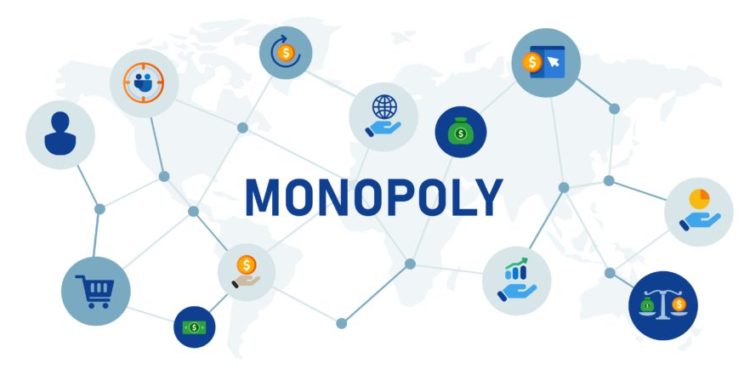Kenya’s economy, much like the rest of the world, is witnessing the growing dominance of monopolies and oligopolies across various sectors. These corporate giants not only stifle competition but also reshape market dynamics in ways that disproportionately disadvantage the middle and lower classes. From telecommunications to retail, Kenya’s economic landscape increasingly mirrors trends observed in developed nations, where monopolies, a handful of corporations that wield outsized influence over consumer choices, dominate entire industries.
Take, for example, the retail sector. Once populated by small, family-run stores and independent supermarkets, the market is now largely controlled by a few dominant players such as Naivas and Quickmart. With their deep pockets and economies of scale, these corporations can undercut smaller competitors, driving them out of business, an example is Carrefour which in 2023 was ordered by the Competition Authority of Kenya (CAK) to expunge up to six items from its supplier contracts that gave the store the power to offer ultra-competitive pricing to boost sales and increase market share. For consumers, while this may result in marginally lower prices, the long-term consequences are dire: reduced competition leads to higher prices, poorer service, and fewer choices.
Similarly, Kenya’s telecommunications industry is another glaring example of monopolistic tendencies. A single provider Safaricom, controls over 70.0% of the market in, dictating pricing, access, and service quality. This lack of competition stifles innovation and leaves consumers with limited alternatives. Many know they’re overpaying for services or receiving subpar value, yet their options are limited due to the absence of viable competitors.
The dangers of monopolistic practices extend beyond economics. As these corporations grow, their influence over policy and governance increases, often at the expense of the public good. Governments, wary of economic disruptions or potential job losses, frequently extend favorable policies or subsidies to these firms. This creates a vicious cycle, where the rich get richer, and the middle and lower classes are left grappling with stagnating wages and rising living costs.
For Kenya’s burgeoning middle class, the impact is particularly severe. The barriers to entry for small businesses are growing higher, with startups struggling to compete against established giants. Without intervention, this trend threatens to erode the middle class entirely, pushing more people toward economic precarity.
To address this issue, Kenya must prioritize enforcing competition laws and fostering policies that promote fair market practices. Additionally, mechanisms to redistribute excess corporate profits into societal development—such as infrastructure, education, or healthcare—could mitigate the adverse effects of monopolistic dominance. Without such measures, Kenya risks deepening economic inequality and losing the vibrant entrepreneurial spirit that drives its growth.















